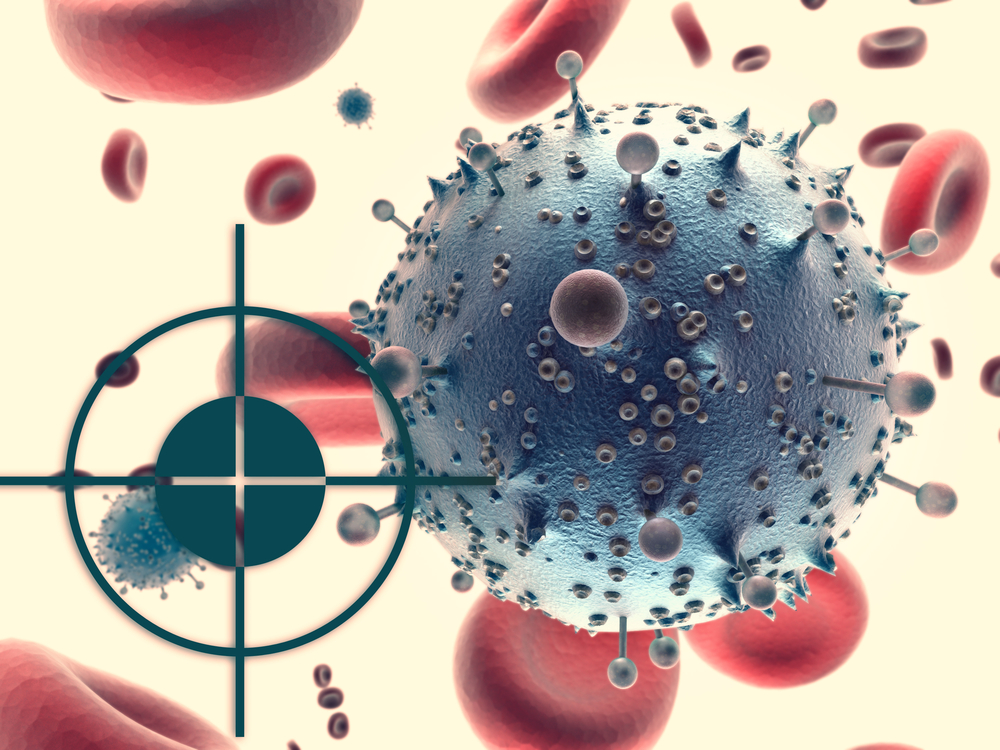In a new study entitled “Mutant MHC class II epitopes drive therapeutic immune responses to cancer,” researchers report the foundations of a new strategy to develop personalized cancer immunotherapies based on a patients’ mutation landscape capable of inducing immune responses. The study was published in the journal Nature.
Tumors often carry tumor-specific mutations, meaning that they are only found in tumor tissue and are absent from healthy cells. As a result, these mutations offer an ideal target for cancer immunotherapies, if they give rise to tumor-specific antigens potentially targeted by mature T cells. However, the mutation landscape (commonly designated as ‘the mutanome’) is patient-specific, making identifying patients’ mutations the first mandatory step in the process.
In a landmark study, researchers at BioNTech AG (Biopharmaceutical New Technologies), an emerging company developing personalized immunotherapies for cancer, used mice models of skin, breast and colon cancer to show that tumor-specific mutations induce immune responses with the immunogenic mutanome recognized by CD4+T cells, which exhibit enhanced anti tumor activity.
Ugur Sahin, CEO of BioNTech AG, commented, “This novel insight indicates that most human cancers may be eligible for successful cancer immunotherapy. However, every patient’s tumor possesses a unique set of mutations that must first be identified, which means that targeted vaccine approaches need to be individually tailored. Our aim is to make truly personalized cancer immunotherapies affordable and broadly available.”
The team developed a new technological platform where a patient’s “mutanome” can be used to design a personalized cancer vaccine. Using exome sequencing to identify immunogenic mutations, the team could develop a specific mRNA cancer vaccine, capable of targeting multiple mutations. The authors tested their concept in mice, and showed that mice vaccination was efficient in abrogating tumor growth, which was accompanied by a strong induction of cytotoxic T lymphocyte responses. They determined that the same strategy could be possibly applied in human cancers. This new concept is being tested in a clinical trial (NCT020359569) for melanoma and is currently recruiting participants.
You can find more information here.


